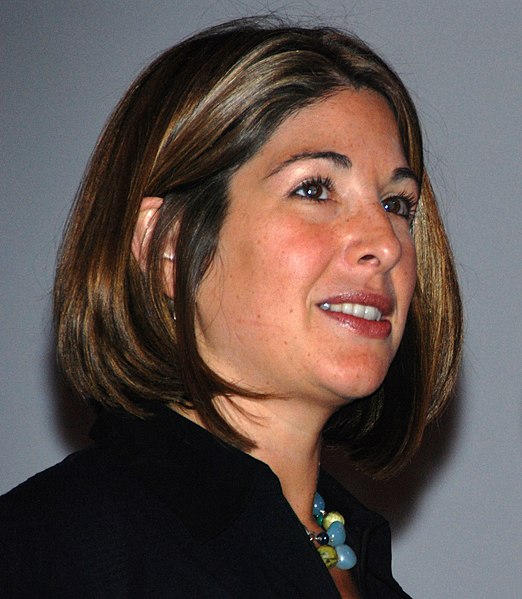Here’s the video:I’m the president of Students Against Violating the Environment at VSU. I’m here representing 200+ members of SAVE, that consists of students, faculty, community members. We are deeply concerned with environmental issues and we are networking together to make this city a more humane and sustainable community for future generations.
As a student, I feel I have the right to be able to breathe clean air at the college I attend. With this biomass plant possibly being built here, the future for generations to come are in jeopardy, and we want to protect our fellow and future students’ health.
Please take into consideration the future health of this university and its community, and don’t sell grey water to the proposed biomass plant.
Erin Hurley, President of
SAVE, Students Against Violating the Environment, speaking at
Regular meeting of the Valdosta City Council, 24 March 2011,
Valdosta, Lowndes County, Georgia.
Videos by Gretchen Quarterman for LAKE, the Lowndes Area Knowledge Exchange.
She said who she was, who she represented, how many, what they were for, what they wanted, quickly enough that attention didn’t waver, slowly and loudly enough to be heard, and briefly enough to transcribe, with pathos, logic, and politic. Even the mayor looked up at “As a student….”
-jsq






